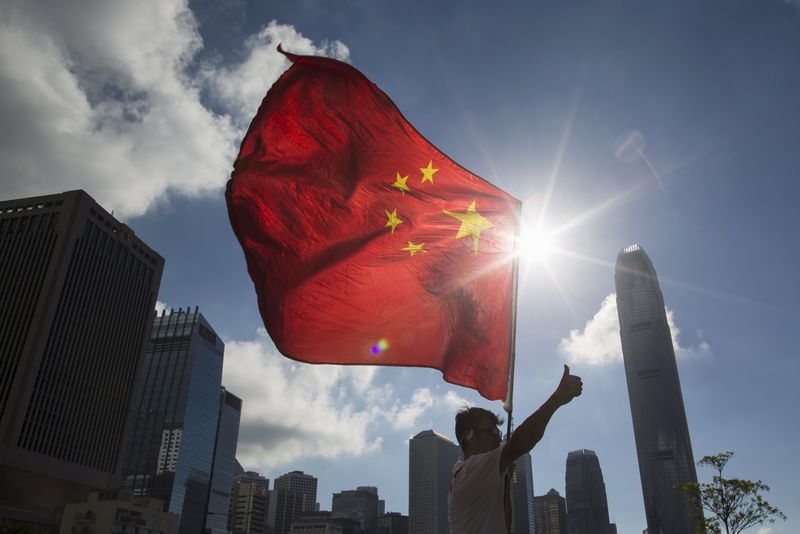By Ambar Warrick
Investing.com -- Chinese industrial production rose slightly less than expected in February as manufacturing activity logged a somewhat staggered recovery despite the lifting of anti-COVID measures earlier this year.
Retail sales, however, rose as expected during the month, indicating that consumer spending was likely on a path toward recovery after three years of COVID disruptions.
Industrial production rose 2.4% in February from the same period last year, data from the National Bureau of Statistics showed on Wednesday, lower than expectations for a rise of 2.6%, but higher than January’s reading of 1.3%.
The improvement in production from the prior month indicated that industrial activity was still recovering after the lifting of the country’s zero-COVID policy. The reading also came in line with earlier data that showed manufacturing activity rose back into expansion territory in February.
But while local conditions were improving, Chinese manufacturers may have to contend with slowing overseas demand for goods, as the country’s largest customers grapple with high inflation, rising interest rates, and a looming economic slowdown.
Data earlier this month showed that China’s exports contracted in February, albeit at a smaller pace than that seen during late-2022.
Fixed asset investment also grew 5.5% in February, more than expectations for a 4.4% rise, indicating that businesses were investing heavily in anticipation of an economic recovery this year.
Chinese consumers also appeared to be cheered by the lifting of anti-COVID measures, with retail sales rising 3.5% in February from the prior year, in line with expectations, and much more than the 1.8% contraction seen in January.
Retail spending is expected to benefit from pent-up demand, with increased household savings, due to the COVID lockdowns and laggard inflation, also expected to prop up spending in the coming months.
But other data also showed that China’s unemployment rate rose to 5.6% in February, from 5.5% in the prior month. Chinese inflation has also remained largely laggard in the past months, indicating that economic activity still remains subdued in the country.
Still, the government has vowed to roll out more measures to support spending and economic activity this year, as the country recovers from three years of COVID lockdowns.
